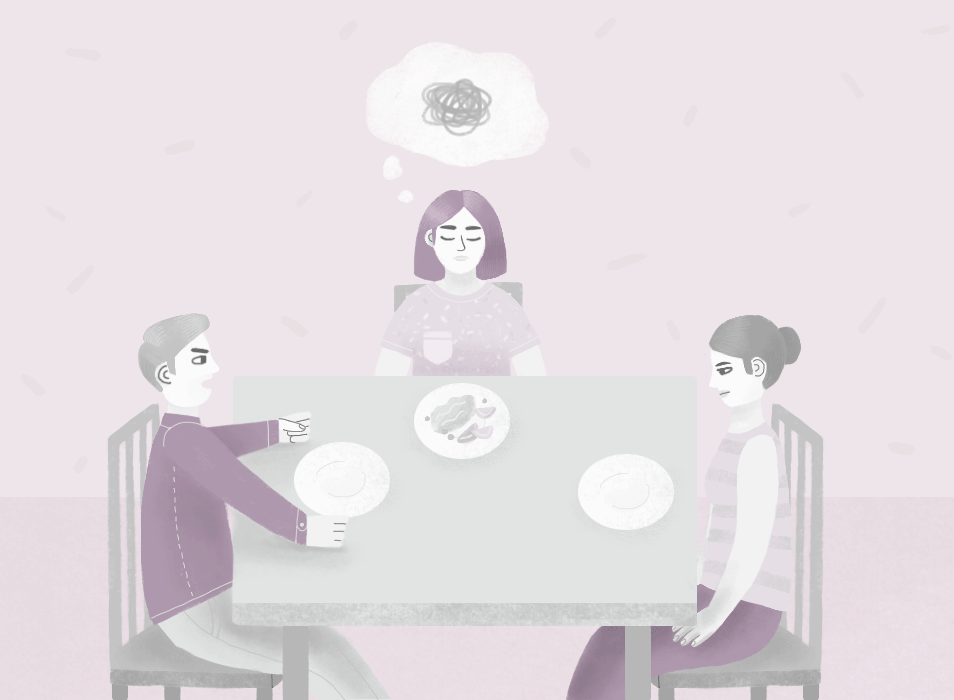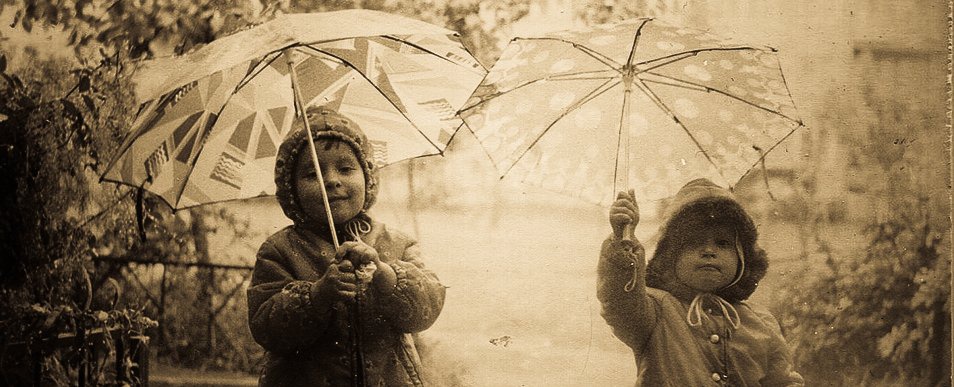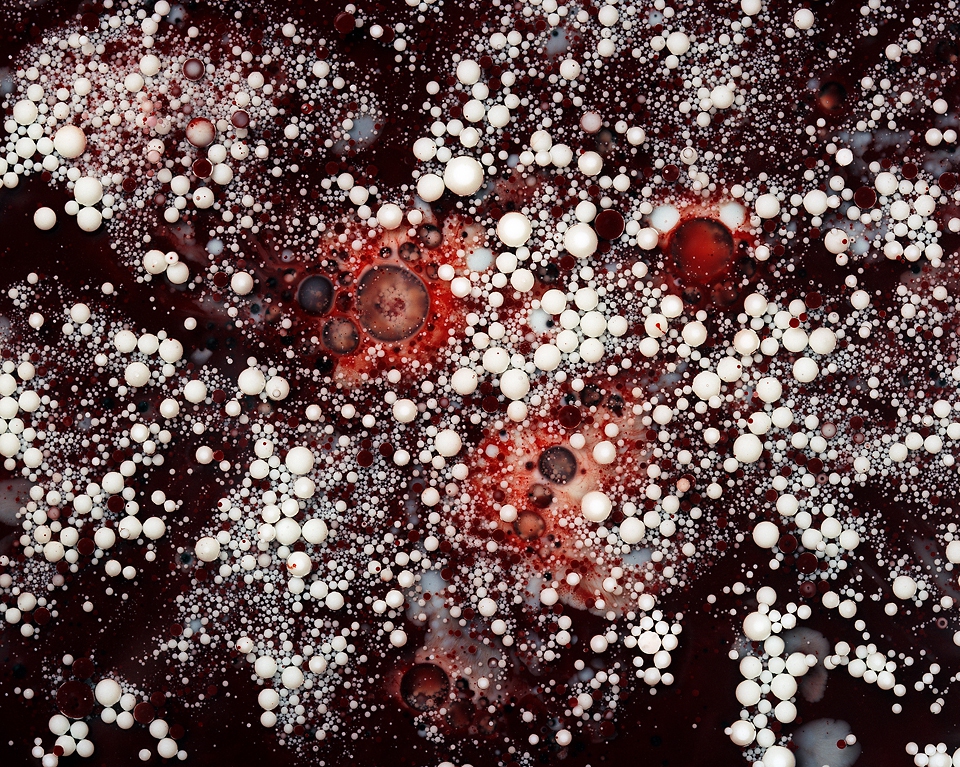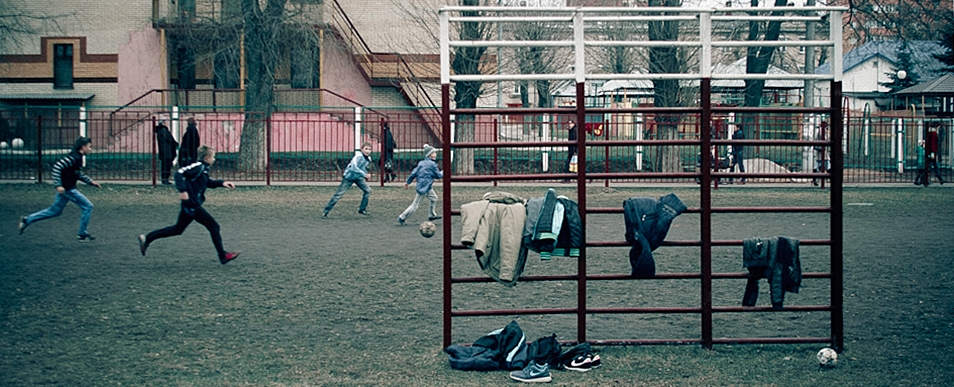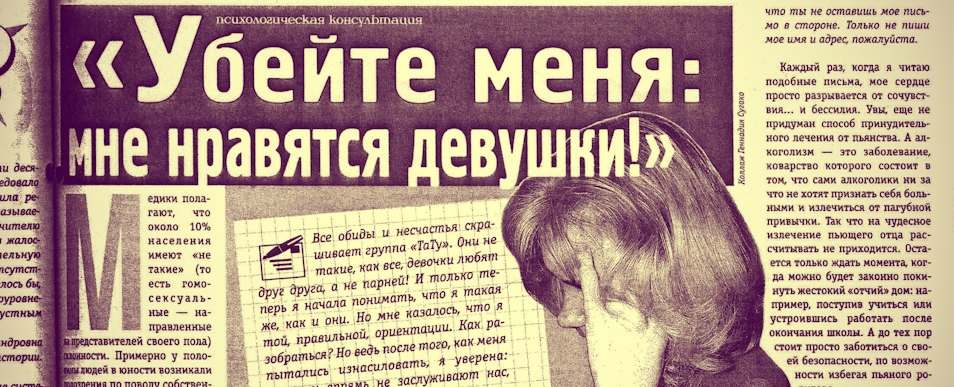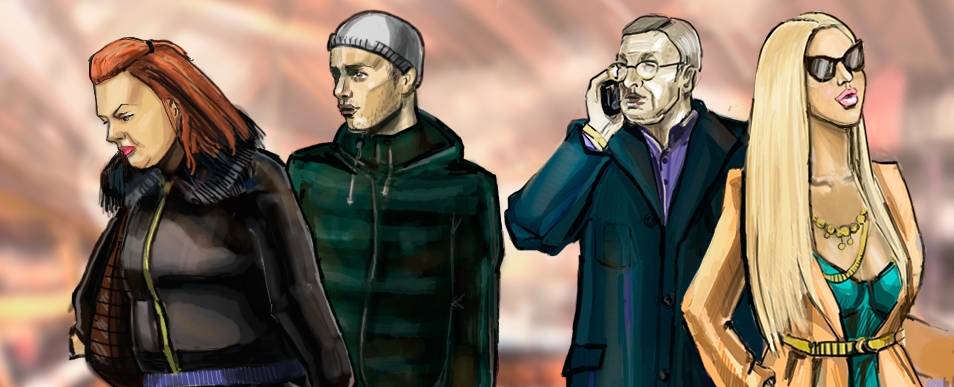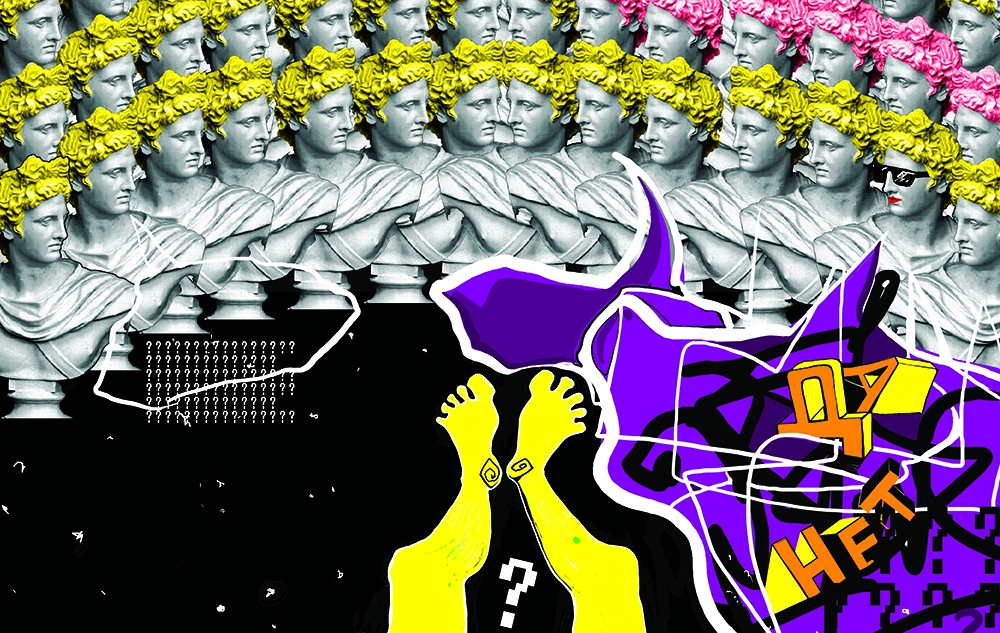Not everyone remembers their childhood with gratitude and nostalgia. To many people their relationship with parents is a story of trauma and pain. Anger, resentment, the feeling that you’ve been treated with injustice and cruelty are all taboo in the stories of parents and children. This is not something that is widely discussed, but it should be.
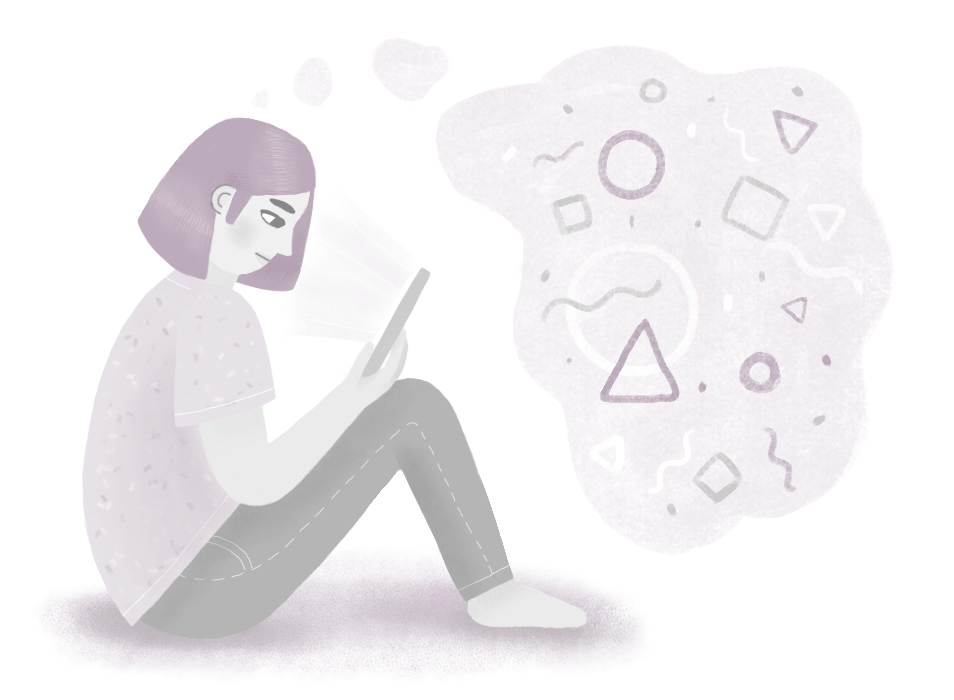
Yulia
I have always thought of the relations with my father as abuse. For as long as I can remember, he liked to put me up on a chair and say, looking from above: “Remember, you are nobody, you are a piece of shit”. As I grew older, he no longer put me up on a chair, but would throw me firmly up against a wall and say those words… There was also a time that he choked me for disobeying him. I broke free and ran away from home…
My father is a doctor. He has a university degree. An educated man, it would seem, why the disposition to violence? But he hasn’t got a clue how to communicate with people, he doesn’t have a single friend. The people in his team have dubbed him a dragon for his screaming and growling at his patients, and at colleagues too. Sometimes I think that there is a psychological trauma somewhere within him, one that he hasn’t been able to overcome and that makes him this way.
The rest of the family were divided into two opposing camps. My grandma, my father’s mother, was on his side. My mother tried to put some sense into him, but he would raise his hand on her too. So this is the way it was… It is as if they did sympathise with me, but at the same time they didn’t protect or stand up for me. All that gave the start to my deep and multiple complexes. I have only been able to overcome them thanks to accidentally meeting a man online who was much older than me, he was actually old enough to be my father. Like Pygmalion, he reshaped me time and time again with days of conversations, going deep into my childhood, and shaping me up again like his own child. He is still my good friend, someone I can truly rely on.
I used to read a lot, avidly, it was like going into another world, and I learned from books. And from the very childhood I’d dream of growing up and leaving the house. At 13 I even made an attempt but I was brought back within 24 hours. At 17 I left for good: I married a gay man I knew. He was a great guy and I left to live with him.
It was still a few more years till I felt they’d really let me go… As I changed inside, I learned to be firm with my family and not let them into my life. Now I’m completely separate from them, I don’t care about family or blood. I am on my own, my own person.
The hardest thing of all was feeling hurt because they considered me a nobody, even though they knew nothing about my inner world, about me, what I lived for… It was my rage that helped me. I’d feel angry, the anger gave me the strength to work on myself, to grow. At first, I did it to spite my father, as if saying: “You know what, I’ll become super cool while you’ll stay there in your flat matrix with your narrow-mindedness, with your inability to communicate and the terrible personality!” Then the hurt subsided so did the anger, and I stopped to care. But I’ve kept the habit of improving and shaping myself, that’s something I’ve been doing for many years now, for my own sake.
I am very emotional, I often let other people’s emotions go through me. So it happens that emotions, energy, feelings are one of the most important parts of my life. My childhood experience has taught me to be strong when I need it, even stronger than I really am. It has also taught me to look deep inside people, to really hear them. And never to humiliate anyone. However you look at it, it is something only weak people do, and I somehow turned out strong. I can be tough when I draw on facts, I like precision, but I would never humiliate.
I see my father very rarely. And to be honest, I don’t feel any emotions when I do because I have long changed. And as I changed, that little girl inside me who was once abused seems to have left too. Apparently, I have overgrown those memories and feelings.
As to forgiveness and anger… I choose anger. It is a wonderful motivation for many things. I don’t understand why some people call for indiscriminate forgiveness.
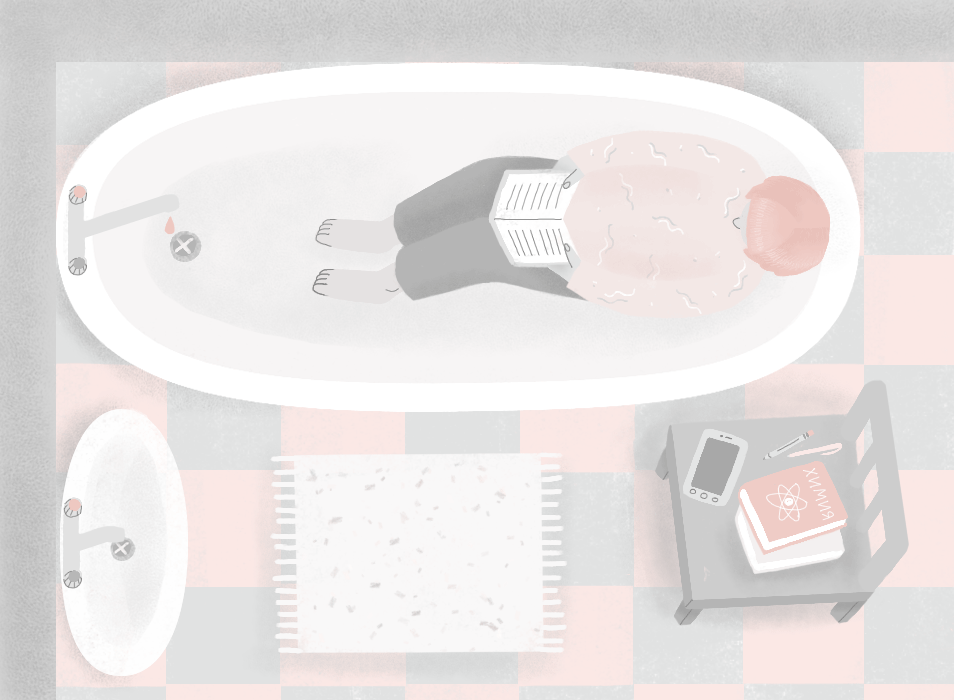
Danila
My father is in a cult. My years growing up have passed under his total control and my mother’s silence.
I don’t remember much about my relationship with my father until I was 15. I only remember his presence in the house and the fact that he would forbid everything. At first he didn’t give any explanations for forbidding things. I think he was just angry with my mother and me for being around and he tried to repress us in every way possible so it would seem we weren’t there. According to my mother, he would always go to the extremes: he would go vegan, then feed on sun energy, then go back to eating meat again. Then he would turn to believe in God and distribute religious literature.
I remember, when I was eight we used to pray before meals and before going to bed, but then my father had a fight with our religious relatives that led to a complete fallout because he no longer believed himself. Sharing the room with them turned me into the most practical roommate and the worst friend. I learned never to talk, never to eat when someone else was around, not to slouch, not to make noise, not to listen to music, not to move. Hide everything that could be hidden.
I was supposed to do well in school. In the evening I would be at my desk doing my homework, and he would come and turn off all the lights without saying a word. Then he goes to bed. And I am left there sitting in the dark at the desk in the same position until he falls asleep. The most important thing was not to move and not to cry.
We eat at the same table. He is always in front of me, starts spitting out reprimands, it is impossible to eat.
There was always a dead silence in the house. Music, television, and fiction were all banned. Celebrations and presents were banned.
When we moved to a different apartment where I finally had some personal space, it seemed at first that life was getting better. He no longer saw me and barely heard me. Neither I him.
When I was 15, he started changing his diet abruptly: he quit cooked food completely and the house was suddenly full of sprouted grains, blenders, dryers.
At the same time he started talking about the delights of an ancestral estate and going to meetings of a group called “The Creationists”.
He started talking to me increasingly often, not with my mother though: no, she was lost for this, she had her hair dyed and ears pierced.
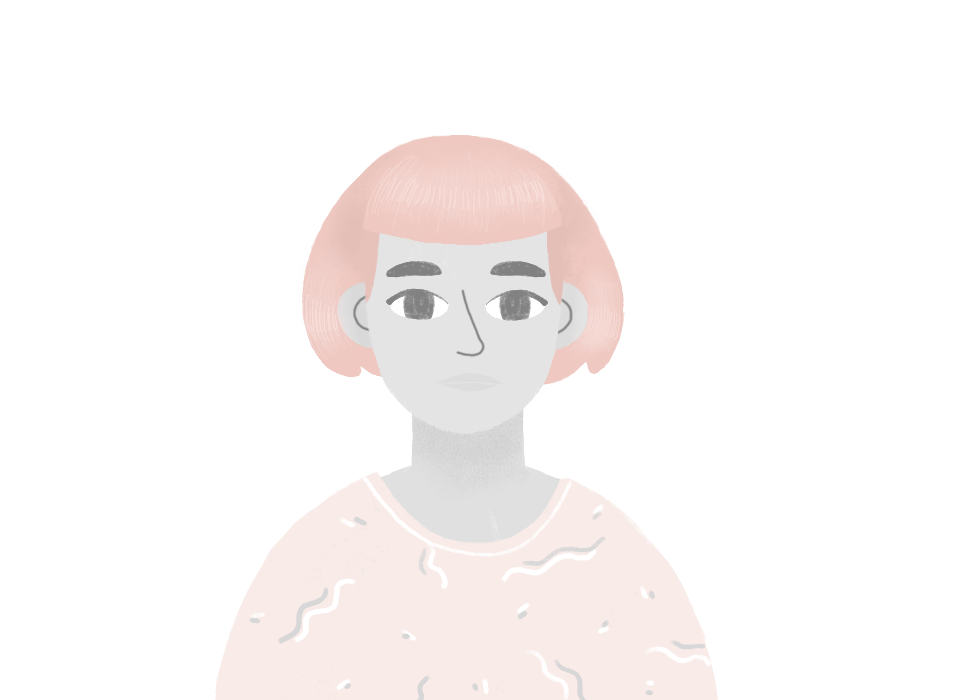
It all started quite innocently: with stories about a pantheon of gods, Earth’s creation, our ancestors and the way they dressed and what they believed in. Atlantis, Arkaim, various unexplained things, pyramids, and humans’ latent abilities. Then he started offering me books: the Vedas and a series about a woman living in a bears’ lair in Siberia. The list of the words that disgusted me grew by the year. The way he speaks will make anyone sick.
Ladushka Bereginia Mother Wisdom Rusich Clear-Eyed Supping Virtue Slavic girl Darling Streamlet Motherland Sound Health Closeness Civilisation of Satanists Sacred Knowledge Debauchery Blood Race Aryans Land of Midgrad Ancestral Estate Telegony Beauty Blood and Soul Beauteous Maiden Foreign Demons Egregore Conglomerate of Energy Lines Painted Fool Those Americans Yankees
Now I’m suspicious of everyone who pronounces the word sex in the same disgusting way he did.
Under the raw food’s surprising influence my father started writing poems.
He begins mentioning one name: Levashov. Almost all the poems are about him. This person gives workshops, writes books about close encounters with other civilisations and his incredible abilities: he travels the Universe, prevents cataclysms while the USA refuses to pay for it. Then all the conversations (or rather, monologues) turn to the right, “Vedic” way to lead family life. How to behave with a man, how to choose one, how to be a good mother.
— Meet Evgeny.
Another suitor from the cult. Oh, this wonderful reproductive coercion and the prospect of being taken to Siberia, to procreate in a polygamous family with two dozens of children.
— Kristina, where have you lost your plait? — he tries to control my friends.
He silently ignores my repeated requests to sign the permission to go abroad on a study trip. He doesn’t even look at me. Sometimes I wonder whether I’m even real.
— Put your phone on the table.
In the morning I look for my clothes only to find them in the garbage bin. He just sits calmly, reading, drinking tea.
I do my homework in the bathroom at night.
I don’t remember everything anymore. I remember how it felt.
— You must be a very brave girl.
— Why?
— Because you are not afraid to look in the mirror.
In his cult, they say it is virtue that brings true compassion. We must be speaking different languages.
Soon he starts using the word degenerate. Now my mother is afraid to leave the two of us alone. But she still does nothing about it.
It becomes serious.
Today he’s already calling me a woman-like parasite creature who has no right to live. My place is in the cattle mortuary, not among living people. Not even the homeless in the streets would want me.
He comes to my university to file a complaint accusing them of depraving his daughter.
Because I’m not just a whore: I am a mental whore.
“You have done nothing in a year”.
If only you would ask me why.
“Your purpose is here. Here is the information! Your ancestors are waiting for you. All you need is here, on these shelves. But you don’t want to learn.”
He won’t beat me up, he is too squeamish.
I am no longer his daughter, because he is not my mother’s first man. I am not human. I am one of the reptiloids who disguise themselves as people in order to get mixed with the white race and destroy it.
I would only respond to his tirades by saying: is that all? And that was it, I kept silent. Just as silently I ran away a few days later when he wasn’t home. To stay with a friend who lived near Minsk.
What next? Who cares. Who cares — these are the words I repeat most often.
It wasn’t hard for me. It was just—nothing. I never loved them. The talks about family duty make me actually feel like a non-human. I don’t care about them just as about myself.
Running away from home was probably the best thing that ever happened to me. It’s like there is a “before” and an “after”. Because it is sheer luck to get out of a destructive cult of a family unscathed.
It feels good not to have to say good morning to anyone. It feels good to think for myself, to decide for myself, to decide how to spend my free time. It feels good not to ask permission for every single thing. Now I only say “thank you” and “please” when I really feel it.
My hat is my friend. I choose my clothes and lipstick very carefully: it’s more fun this way. I walk around the city barefoot.
Then I went to study abroad. When I last came to visit Belarus, we met again.
My mother and father now share an apartment with my godfather who orders me paintings now and again. I needed to bring an order at his place in the evening when everyone would be back from work. My mother called me and said that my father would like to see me. He didn’t call himself.
I didn’t want to go there to “reunite with the family”, to make peace. I was just curious about what he would do. I expected we would kill each other. I wanted to make a row, to argue, wanted him to pull something again because then I’d be able to fight back. Another option was that he would at least apologise. But nothing happened.
I went in, said hello, he said that I’d gotten fat. He commented on my haircut: “I thought you would sell your hair”. We sat at the table, there was tea and everything. And nothing to talk about. He didn’t ask me anything about myself.
I know I could have brought everything to the boiling point had I told them about my life, my interests and thoughts. I love everything he hates.
But my mother had to stay and live with him.
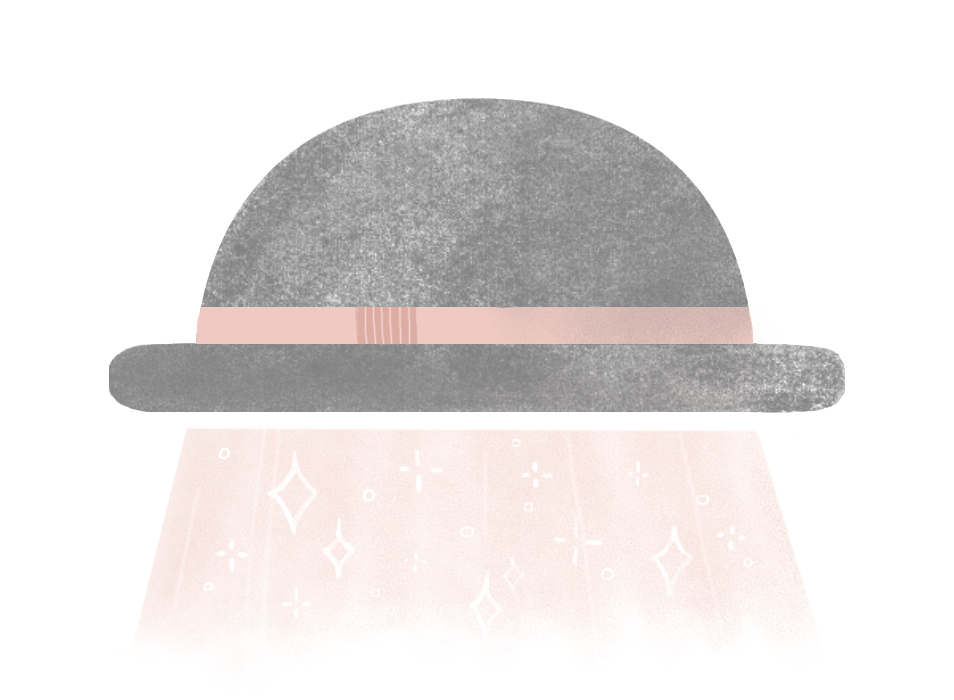
Abuse doesn’t have to be physical, it can be psychological too. And when it’s the relationship between a parent and a child, the latter is especially hard to fight.
Signs of Abuse in a Relationship
(According to Check Your Privilege):
(According to Check Your Privilege):
• Using money as a control tool.
• Threating to leave while the other is in material or other dependence.
• Intentionally creating fear or anxiety through verbal and physical threats.
• Trying to destroy or damage others’ personal belongings (often items of particular emotional or other value) in a pointedly cold-blooded manner or in a fit of uncontrolled rage. Trying to take away another person’s cellphone/laptop or other means of communication also falls into this category.
• Flipping the script. The abuser will always try to shame you or emphasise your guilt. They are never guilty, it’s you who have provoked them. Meanwhile, your feelings are denied or ignored.
Verbal attacks and humiliation (calling names, screaming, constant criticisms, sudden displeasure with your actions). The aggressor knows the victim’s weak spots exceptionally well and hits exactly where it hurts.
• Being aggressive and humiliating in private, and pointedly caring in public.
• Gaslighting. Trying to make it appear like nothing happened after incidents of abuse. Should the victim complain, the abuser starts convincing them that they “are overreacting”. This leads to the victim thinking they are “imagining things”.
• Sudden changes of behaviour. Fits of rage happen unpredictably and are very frightening. Afterwards, the abuser quickly comes back to their “normal” behaviour.
• Using of approval and displays of love as tools of encouragement and control.
If you suspect abuse in a family you know, try to speak to the parents in a tactful way, so as not to hurt the child’s situation.
If you have experienced abuse yourself as a child, don’t blame yourself, don’t understate parental responsibility, don’t think that you must forgive them or repress every urge to criticise them. Every trauma (especially childhood trauma) leaves a mark. To prevent the destructive experience from influencing your relationships with other people and the world as a whole, you ought to work on it.
If you cannot go to see a therapist, these books might help you:
Susan Forward, Toxic parents: Overcoming Their Hurtful Legacy and Reclaiming Your Life
Lundy Bancroft, Why Does He Do That?: Inside the Minds of Angry and Controlling Men
Susan Forward, Men Who Hate Women and the Women Who Love Them: When Loving Hurts and You Don't Know Why
Consuelo Barea, Uchebnik dlya Zhenshchin, Podvergayushchikhsya Nasiliyu [Handbook for Abused Women]
Elena Cherepanova, Psykhologiya Nasiliya [The Psychology of Abuse]
© Иллюстрации Nollaig Lou

